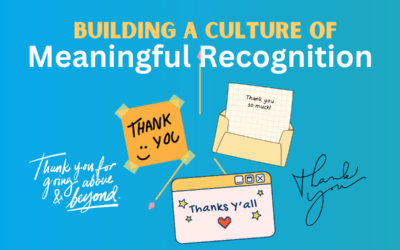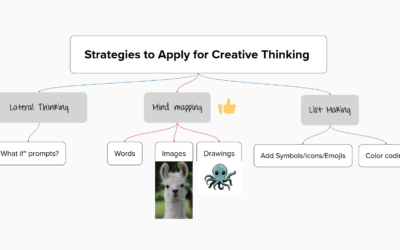A client of Next in Nonprofits asked for feedback about services at iDonate, a web-based company which offers a series of services to turn in-kind contributions into cash. The question at the heart of the matter, “Is this worth it?” is best responded to with the question “How often are you going to get these gifts, and to what dollar amount?”
As noted in this article about accepting in-kind gifts which may be used in fulfilling a nonprofit mission, not every gift of goods or services in lieu of cash is helpful for every nonprofit. Services like iDonate are probably not the best choice in cases where in-kind gifts are infrequent and of high value. The terms of service not only rely on monthly subscriptions, but a percentage of the transaction which may not reflect the value derived from using a regular brokerage.
Nonprofits which don’t expect or solicit regular in-kind contributions are most likely better off paying a one-time fee to a stock broker or real-estate agent or car dealership to liquidate the gift. Other charities may have a heavy business in these kinds of gifts, and employing their own professionals with limited outside work may make the most sense for them.
There are likely some nonprofits in the middle, where there is enough potential in soliciting in-kind gifts to make it worth while, but not enough to justify the expense of regular staff. Here is where having the right tool at the right time makes the best sense. Any single transaction or any one month of fee without use may seem like a disproportionate expense, but aggregating those fees against any other way of accomplishing the same goal may well show the cost worth the occasional bump in revenue.
Some attendees at a recent Next in Nonprofits presentation on crowdfunding winced when discussing the costs of using platforms like Kickstarter, Indiegogo, or even GiveMN.org or CommitChange. Giving up anywhere from 3% to 11% of revenue hits nonprofit staffers/boards/volunteers in the financial solar plexus. The real question is “Can you get that money without paying a fee?” If the charity can access those same donors without using crowdfunding, then of course go get the money and keep your transaction costs.
The point of a crowdfunding campaign (or occasional in-kind gifts) is to get resources the charities wouldn’t otherwise be able to get. 89-97% of a donation you would otherwise not get at all is a great deal. Pay the price of doing business, but do it at the right scale.



